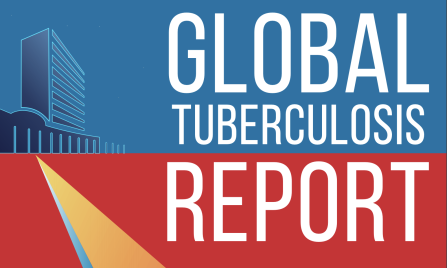By Haruna Gimba with agency report
The World Health Organisation (WHO) released its Global TB Report 2023 on November 7th.
According to the report, India has made tremendous progress in improving case detection and reversed the impact of COVID-19 on the TB programme.
The treatment coverage has improved to 80 percent of the estimated TB cases, an increase of 19 percent over the previous year.
India’s efforts have resulted in reduction of TB incidence by 16% in 2022 (from 2015) almost double the pace at which global TB incidence is declining (which is 8.7%).
The mortality of TB has also reduced by 18 percent during the same period in India and globally.
The WHO has made a downward revision of the TB mortality rates from 4.94 lakhs in 2021 to 3.31 lakhs in 2022, a reduction of over 34 per cent.
In the Global TB Report 2022, the WHO and the Ministry of Health and Family Welfare, Government of India, had agreed to publish the data for India as “Interim” with an understanding that the WHO would work with the technical team of the ministry, to finalize the figures.
Following this, there were more than 50 meetings between the technical teams of WHO and the Ministry of Health and Family Welfare, wherein the country team presented all the newer evidence generated, the in-country mathematical modelling developed including the data from Ni-kshay portal which captures the lifecycle of every TB patient during the course of their treatment.
The WHO team intensively reviewed all data presented and not only accepted, but also appreciated the efforts made by the country.
This year, the Global TB Report has acknowledged and published the revised estimates for India with downward revision of the burden estimates, especially TB related mortality figures.
The report notes that India’s intensified case detection strategies have resulted in the highest ever notification of cases – in 2022, during which, over 24.22 lakh TB cases were notified, surpassing the pre-COVID levels.
The key initiatives launched and scaled up by the government like specialised active case finding drives, scaling up of molecular diagnostics to block levels, decentralization of screening services through Ayushman Bharat Health and Wellness Centres and private sector engagement have resulted in significantly bridging the gap in missing cases.
The Pradhan Mantri TB Mukt Bharat Abhiyan has received a tremendous response across the country with over 1 lakh Ni-kshay Mitras from all walks of life coming forward to adopt over 11 lakh TB patients.
Under Ni-kshay Poshan Yojana about Rs 2613 Cr have been disbursed to over 95 lakh TB patients since its launch in 2018.
Newer patient centric initiatives like Family Care Giver Model and Differentiated Care have been introduced to ensure further reduction in mortality and improvement in treatment success rates.
The report also notes that India has taken bold steps to prioritize TB elimination efforts with investing additional resources to the National TB Elimination Programme being implemented under the aegis of the National Health Mission.




